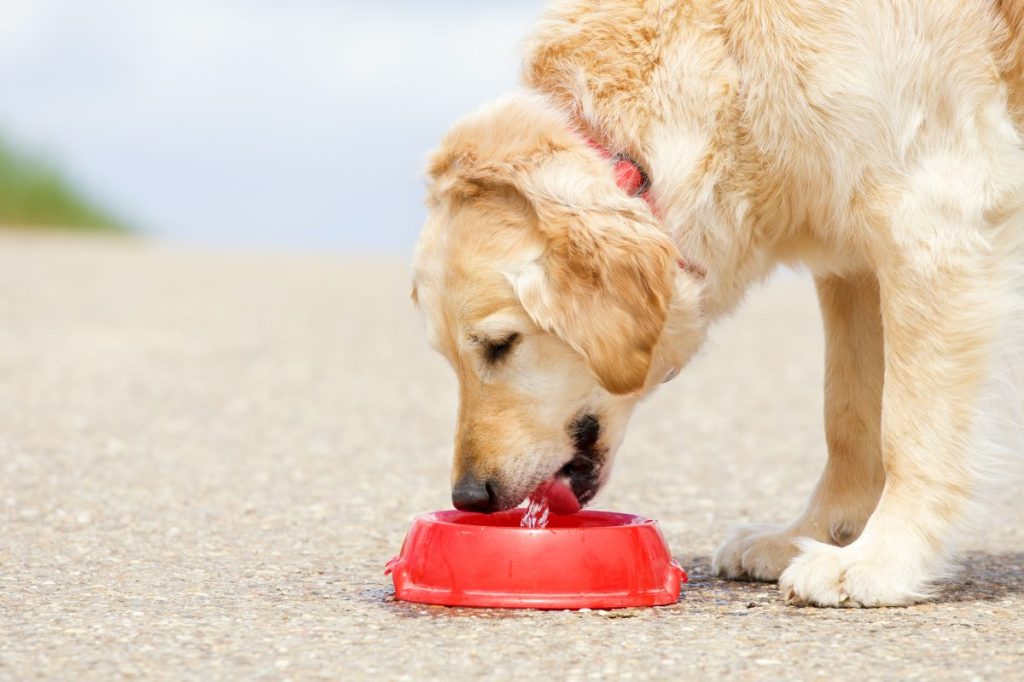Monitoring your furry companion’s water intake ranks among the top priorities for a responsible pet parent. Adequate hydration is essential for your dog’s vitality and overall welfare. Nonetheless, there can be a case when you notice your dog is not drinking enough water. It’s natural to be concerned about this and wonder what the appropriate course of action is to pursue.









